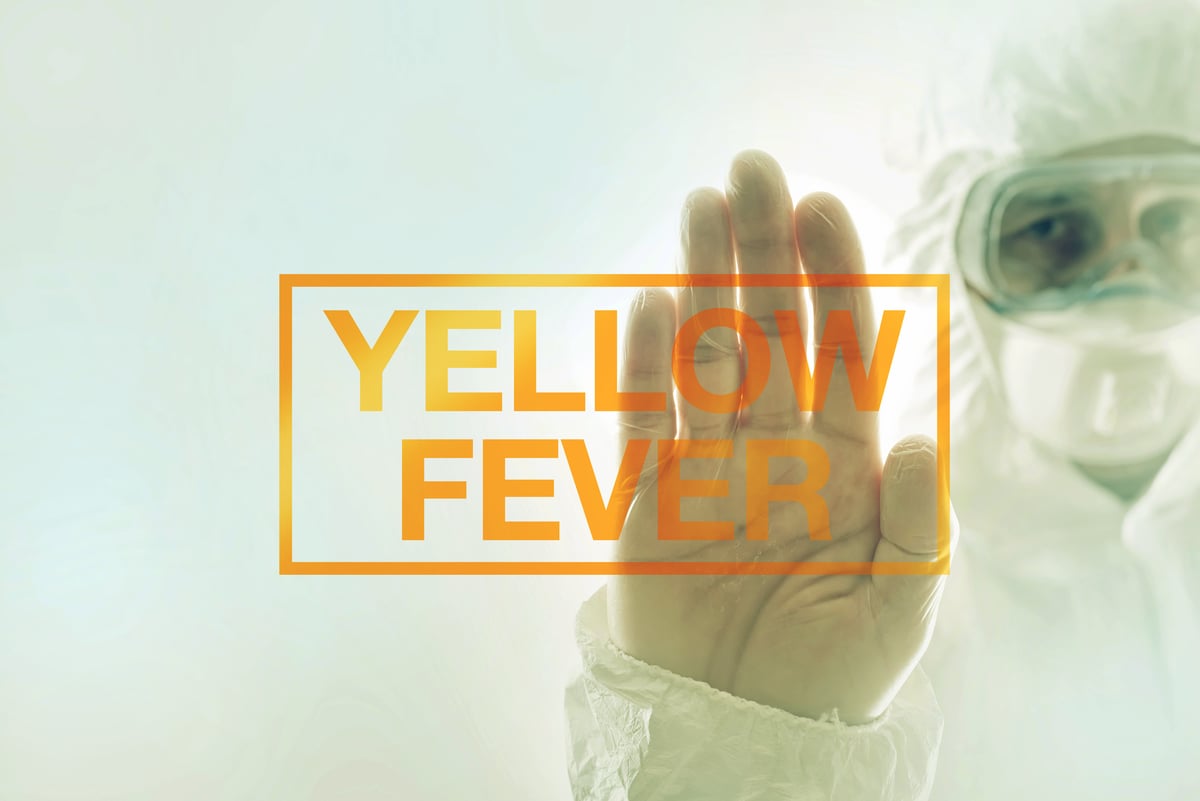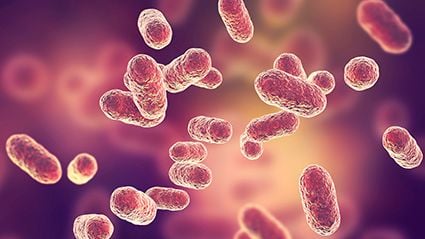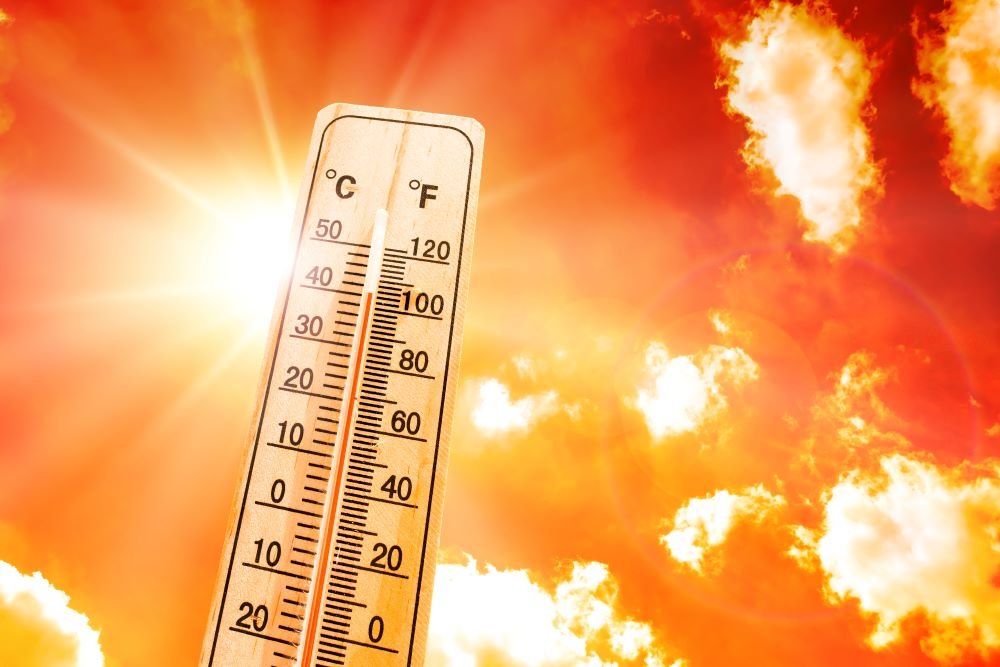
If tropical lands like South America or Africa are your travel destinations, getting yourself protected against yellow fever before you go is imperative, an expert says. What is yellow fever? According to Dr. Jill Weatherhead, an assistant professor of tropical medicine and infectious diseases at Baylor College of Medicine in Houston, it’s a viral illness endemic to… read on > read on >






























